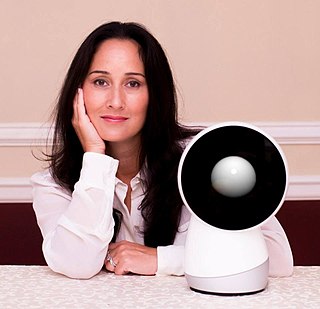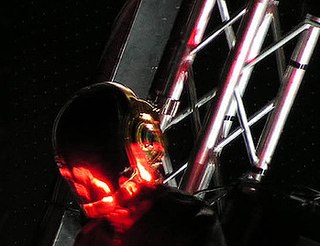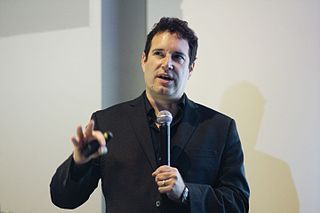A Quote by Daniel H. Wilson
Right now, I think robots are where it's at. And yes, I'm biased. Robots and space, because with home rocket kits and Lego Mindstorm sets, people can get involved. I was raised on Transformers and GoBots, so I can't imagine what kids who are building real robots are dreaming about.
Related Quotes
The danger of the past was that men became slaves. The danger of the future is that men may become robots. True enough, robots do not rebel. But given man's nature, robots cannot live and remain sane, they become ''Golems',' they will destroy their world and themselves because they cannot stand any longer the boredom of a meaningless life.
There are lots of examples of routine, middle-skilled jobs that involve relatively structured tasks, and those are the jobs that are being eliminated the fastest. Those kinds of jobs are easier for our friends in the artificial intelligence community to design robots to handle them. They could be software robots; they could be physical robots.
So, where are the robots? We've been told for 40 years already that they're coming soon. Very soon they'll be doing everything for us. They'll be cooking, cleaning, buying things, shopping, building. But they aren't here. Meanwhile, we have illegal immigrants doing all the work, but we don't have any robots.

































